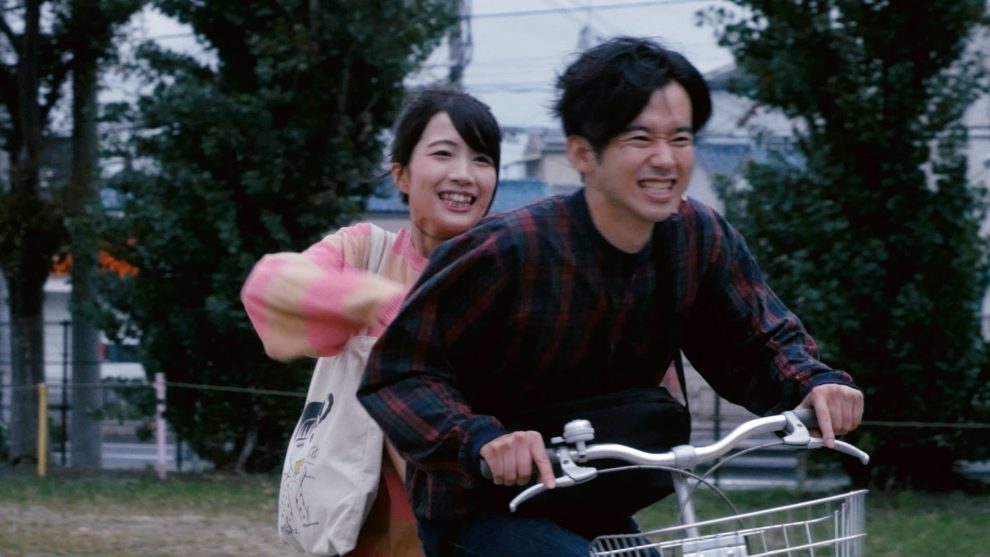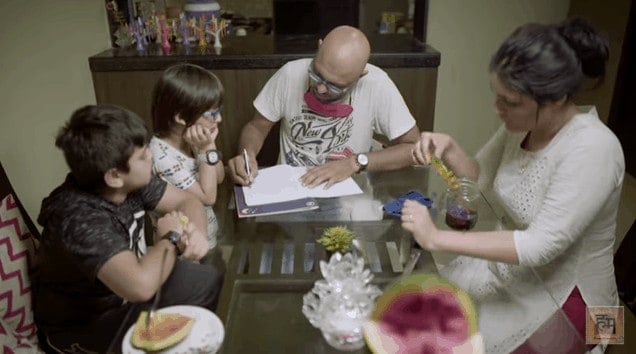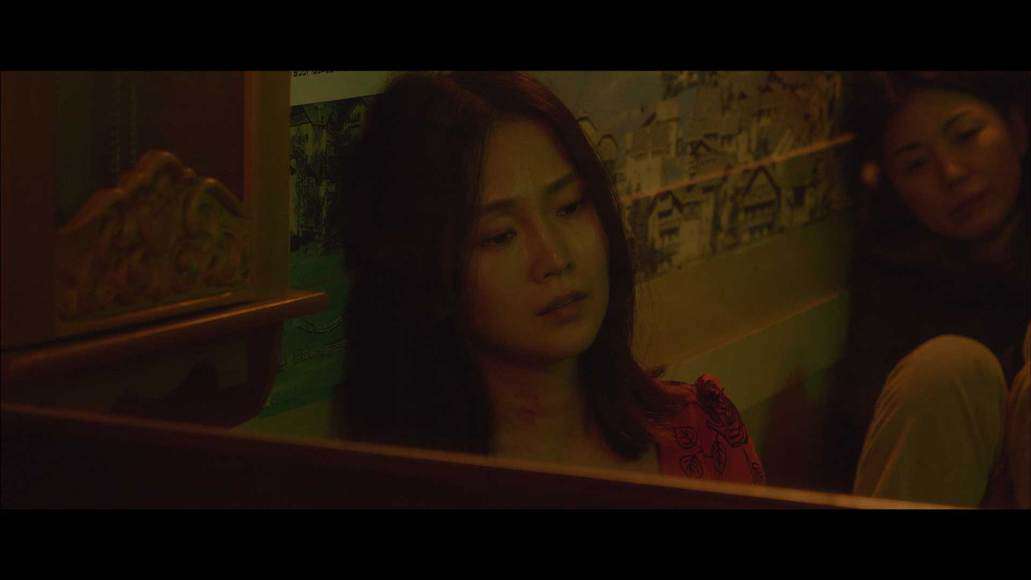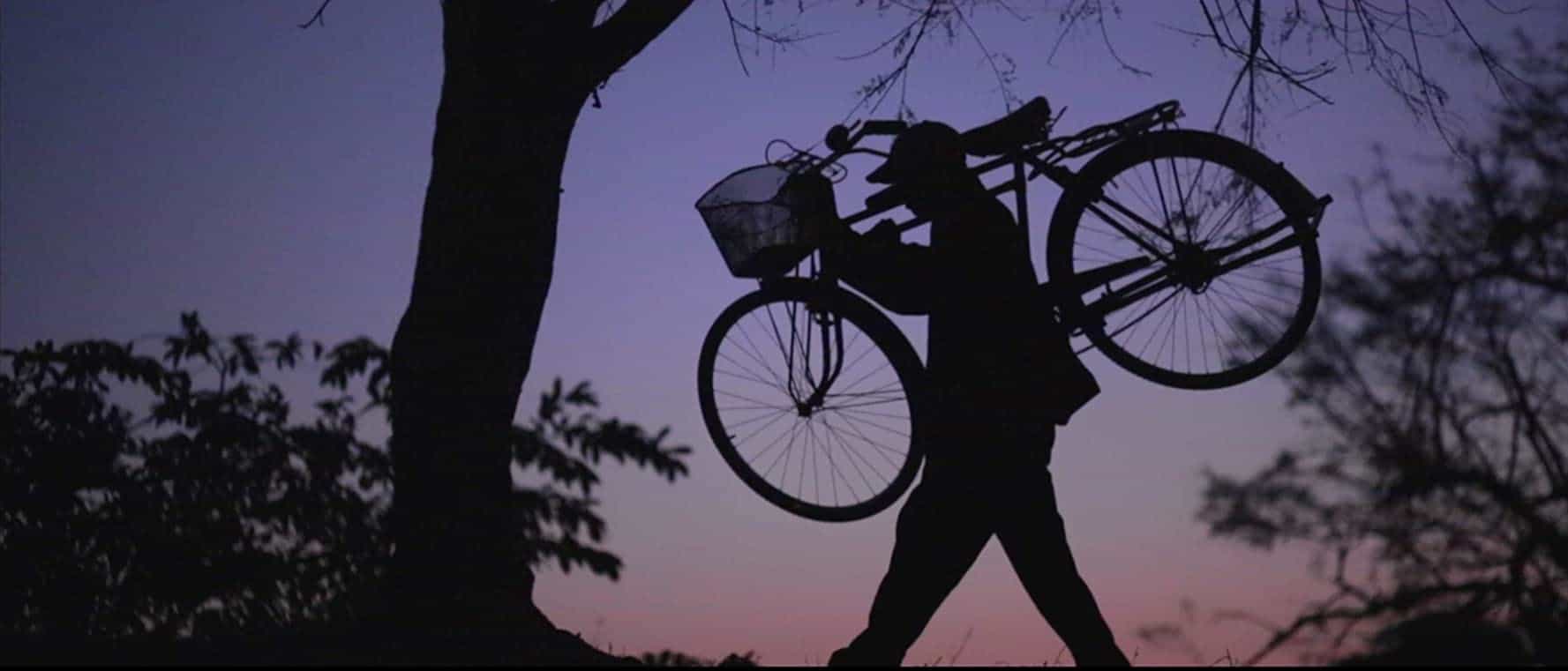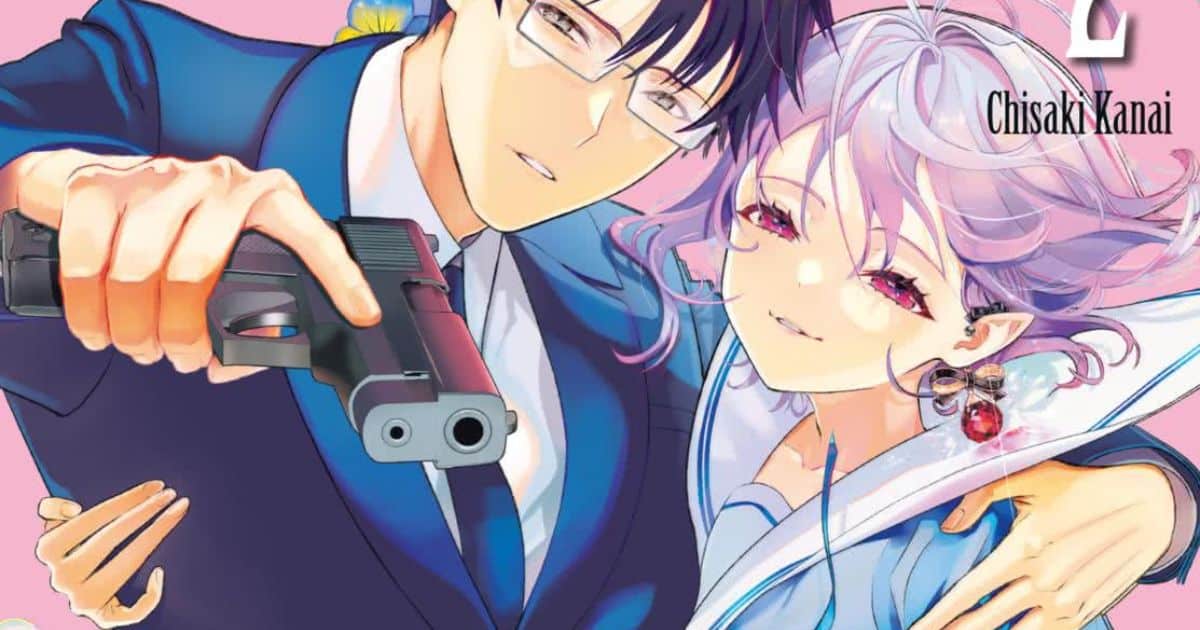The Heisei era, which lasted from January 8, 1989 to April 30, 2019, and particularly its ending, has been a source for much discourse and analysis, but also seems like a theme that eventually will become central in Japanese cinema. A whole year before its ending however, Yun Hayama directed a short that takes place during the last night of the period, but actually is a trip down memory lane for the whole 30 years.
On this particular night, Yuka and Masao, once a comic duo and currently artist and manager respectively, sit in a coffee shop and reminisce about their lives, from childhood to the present. The “trip” however, is quite different, since Yuka is nostalgic and remembers everything with a sense of longing, while Masao is a cynic who does not find any value in the past, neither considers the specific date anything special. As he tries to discuss with her some new professional opportunities, which even include a role in a sex film (under the waitress's scornful gaze) she tries to remind him of their happy times together, the reasons they became a comedy duo, while eventually she offers a proposition of her own.
Yun Hayama directs a 30-minutes short that emits nostalgia from every frame, as it seems to present as many trends of the Heisei era as possible. The concept of child pop groups and idols, and the impact they had on both Yuka and all her female classmates, the sequences of the whole family sitting in front of the TV watching quiz shows, the prophecies of Nostradamus, even the DVDs with diets are all present here, highlighting some of the most memorable tendencies of the era, in the most entertaining way.
The antithesis in the ways the two protagonists remember all of the aforementioned and essentially, their whole lives, forms one of the main axes of the narrative, and actually works quite well, particularly due to Yun Hayama and Keita Yamashina's acting, whose chemistry is one of the film's best assets. At the same time, the trauma that caused Masao to change his ways makes a comment regarding the deconstruction of idols which also moves in a path that states that the Heisei era may not have been as idyllic as Yuka remembers it. Lastly, the fact that people tend to glorify the past and criticize the present the older they get is also presented here, although in a rather subtle way.
The cinematography of the short is simple but works quite nicely, with the presentation of the past decades being generally accurate, while the flashbacks are well placed, and give a sense of speed to the movie that works quite nicely. ℃-want you! electronic pop music is also fitting, as it has a retro essence that suits the overall narrative.
“My Lovely Days” is funny, nostalgic and quite entertaining, a proper goodbye to the Heisei era.


